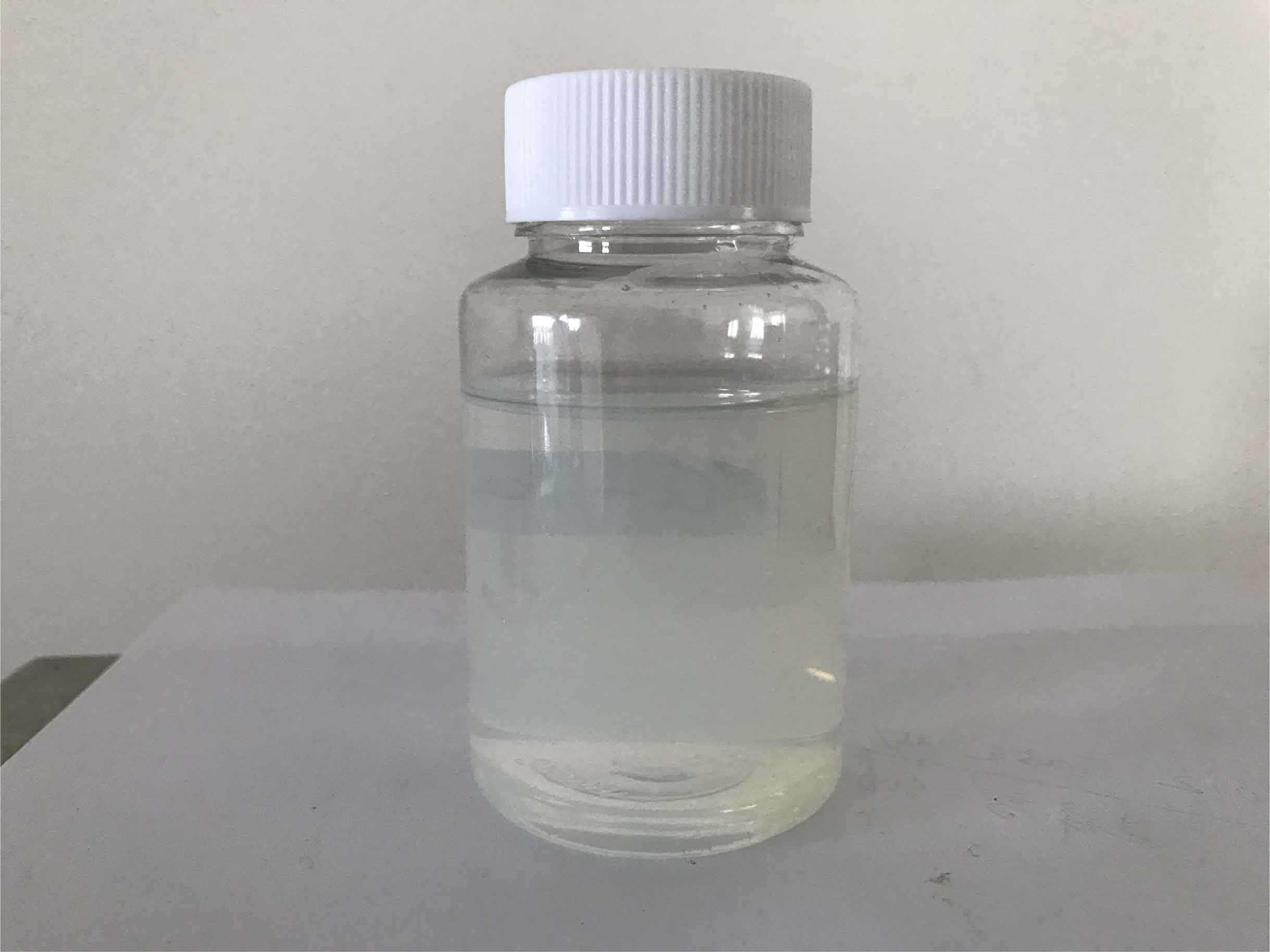What are the performance advantages of waterborne PU resins?
1. Because the dispersion medium is water, it is non-toxic, non-flammable, environmentally friendly, safe and reliable. Transportation is safe and the working environment is good. The system does not contain toxic -NCO groups, the product has no toxic solvent residues, and the product is safe and environmentally friendly.
2. The moisture permeability of water-based PU resin is much better than that of similar solvent-based PU products. Because water-based PU resin has strong hydrophilicity, it has strong binding ability with water, and the product has good moisture permeability. .
3. Water as a continuous phase makes the viscosity of the aqueous polyurethane system independent of the molecular weight of the polyurethane resin, and has a lower viscosity than the solvent-based PU of the same solid content, and is easy to process and easy to handle.

4. The aqueous PU resin system can be blended or copolymerized with other aqueous emulsions, which can reduce the cost or obtain a more diverse and excellent PU emulsion.
5. Water-based PU resin has good film-forming properties, firm bonding, cold resistance, water resistance, solvent resistance and wear resistance. Due to its adjustable hardness, it greatly expands the application of water-based PU resin. Hard water-based PU can be used as water-based floor paint, water-based wood paint, soft water-based PU can be used as soft coating for fabrics, and so on.
Article from waterborne PU resin manufacturers:http://www.canadanadar.com.cn/
-
07-11
Five application areas of waterborne PU resin
Material compounding: bonding and compounding of PVC, PP, ABS, XPE, PU, PET, wood, cloth, paper and other materials;Automotive interior rubber: automotive interior coated rubber (door panel, instrumen
-
07-11
What are the precautions for using water-based glass baking resin?
1. When working, keep the work site clean and dust-free, the site temperature should be higher than 8 °C, and the relative humidity is lower than 85%;2, all material configuration ratios are weight ra
-
07-11
Thermosetting acrylic resins are divided into several categories according to the way of production.
1. Emulsion polymerization. It is synthesized by reacting monomers, initiators and distilled water together. Generally, the resin is a 50% solids emulsion, and is a latex solution containing about 50%
-
07-11
What are the advantages of water-based glass baking resin?
After the glass lacquer is decorated with the glass products, it can present glass processing products with different colors and rich colors, which are favored and appreciated by consumers. Water-base